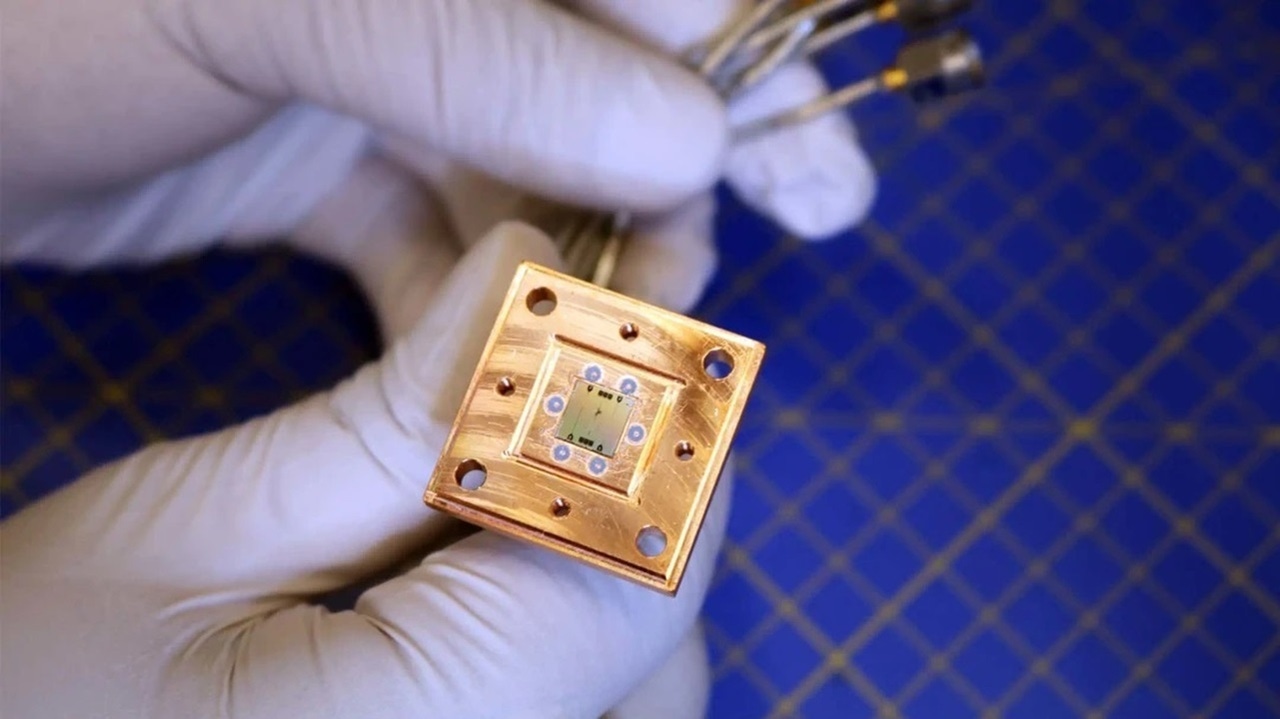
Connects decision-makers and solutions creators to what's next in quantum computing
Quantum Refrigerator Paves Way for Reliable Quantum ComputingQuantum Refrigerator Paves Way for Reliable Quantum Computing
Ultra-cold cooling technology developed by NIST and Chalmers University tackles thermal noise

Researchers have developed a new technique that uses refrigeration to reset qubits highly effectively, which could lead to more reliable, less error-prone quantum computers.
Superconducting quantum computers require extremely low temperatures to maintain the delicate quantum states that qubits rely on for computation. They use dilution refrigerators to bring the qubits to about 50 millikelvins above absolute zero.
After performing a calculation, the qubits must be reset by cooling them to a fraction of a degree above absolute zero and keeping them there. But the closer a system approaches absolute zero, the more difficult further cooling is.
New technology developed by the U.S. National Institute of Standards and Technology (NIST) and Chalmers University in Sweden cools quantum circuits to a record-breaking 10 millikelvins. The practical limit was previously considered to be 15 millikelvins.
“Qubits, the building blocks of a quantum computer, are hypersensitive to their environment,” said Chalmers quantum researcher Aamir Ali.
“Even extremely weak electromagnetic interference leaking into the computer could flip the value of the qubit randomly, causing errors and subsequently hindering quantum computation.”
At these ultra-cold temperatures, quantum systems can achieve the stability needed for longer coherence times, reducing the errors that typically disrupt quantum calculations.
The new quantum refrigerator is based on superconducting circuits and is composed of two qubits — one hot and one cold, which cool and effectively reset to ground state a third, target qubit.
Powered by heat from a nearby hot environment, the quantum refrigerator extracts thermal energy from the target qubit autonomously and dumps it into a cold environment.
The ultra-cold temperature this achieves enables qubits to retain their fragile quantum properties for longer periods.
These improvements could significantly increase the reliability and performance of quantum computers, taking the quantum computing industry one step closer to practical, large-scale systems.
About the Author
You May Also Like
.png?width=100&auto=webp&quality=80&disable=upscale)
.png?width=400&auto=webp&quality=80&disable=upscale)




